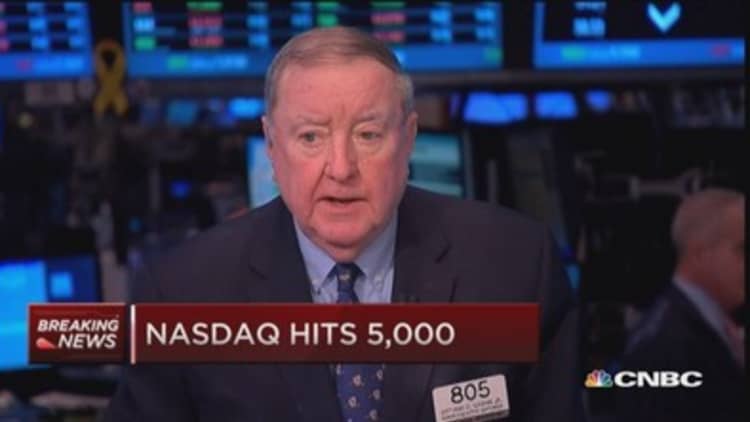Mohit Aron has loaded up on former Google engineers to help build his start-up
Alphabet's venture arm — once called Google Ventures, now known as GV — said Tuesday it joined Sequoia Capital in leading a $90 million financing of
Secondary storage is the stuff that corporations typically archive or save for protection in case primary files get lost or corrupted. It sits on tape and disks in dark data centers. It's certainly not a subject you imagine drawing much attention in Silicon Valley, particularly in the halls of a company like Google.
But what if rather than sitting dormant, all that secondary storage could be used and accessed at any time?
Karim Faris, the GV partner who led the
"

Aron is part of a small exodus of entrepreneurs from Nutanix, which pioneered a type of computing infrastructure known as "
Aron co-founded Nutanix, then left in 2013 to start
Both
For its part, Rubrik raised a $61 million round in August and said in February that it's approaching $100 million in annualized bookings.
Ask Aron or Sinha whom they consider their primary competitors and both mention legacy hardware vendors with single-purpose boxes.
Aron said that in 80 percent of deals
"It gives us an indication that they're looking for alternatives," Aron said.
The financing round includes capital from Cisco and
As for product development, Aron said backup and data protection get customers in the door, but in the future businesses will turn to
"That's where our R&D efforts are going," he said.


